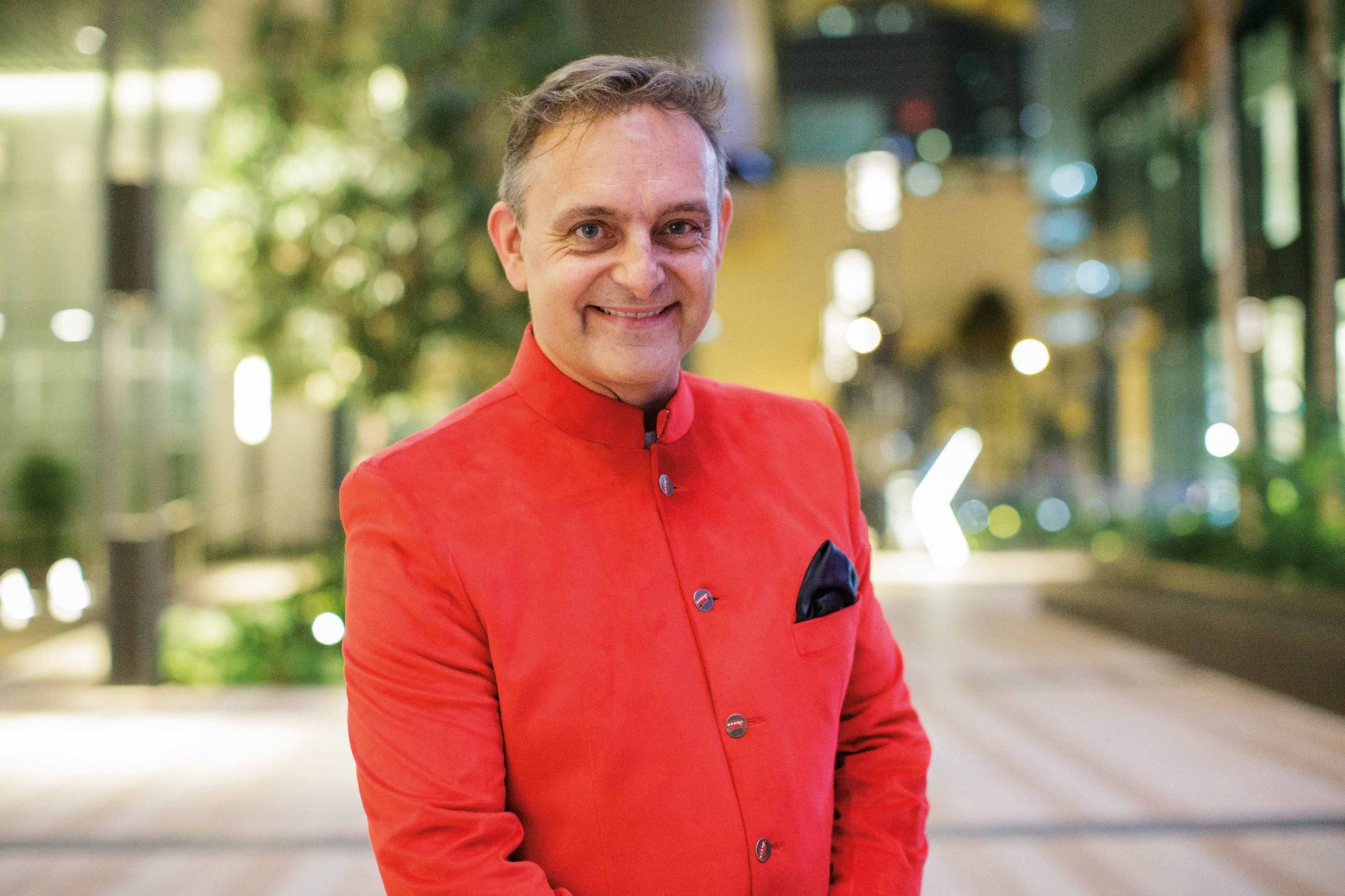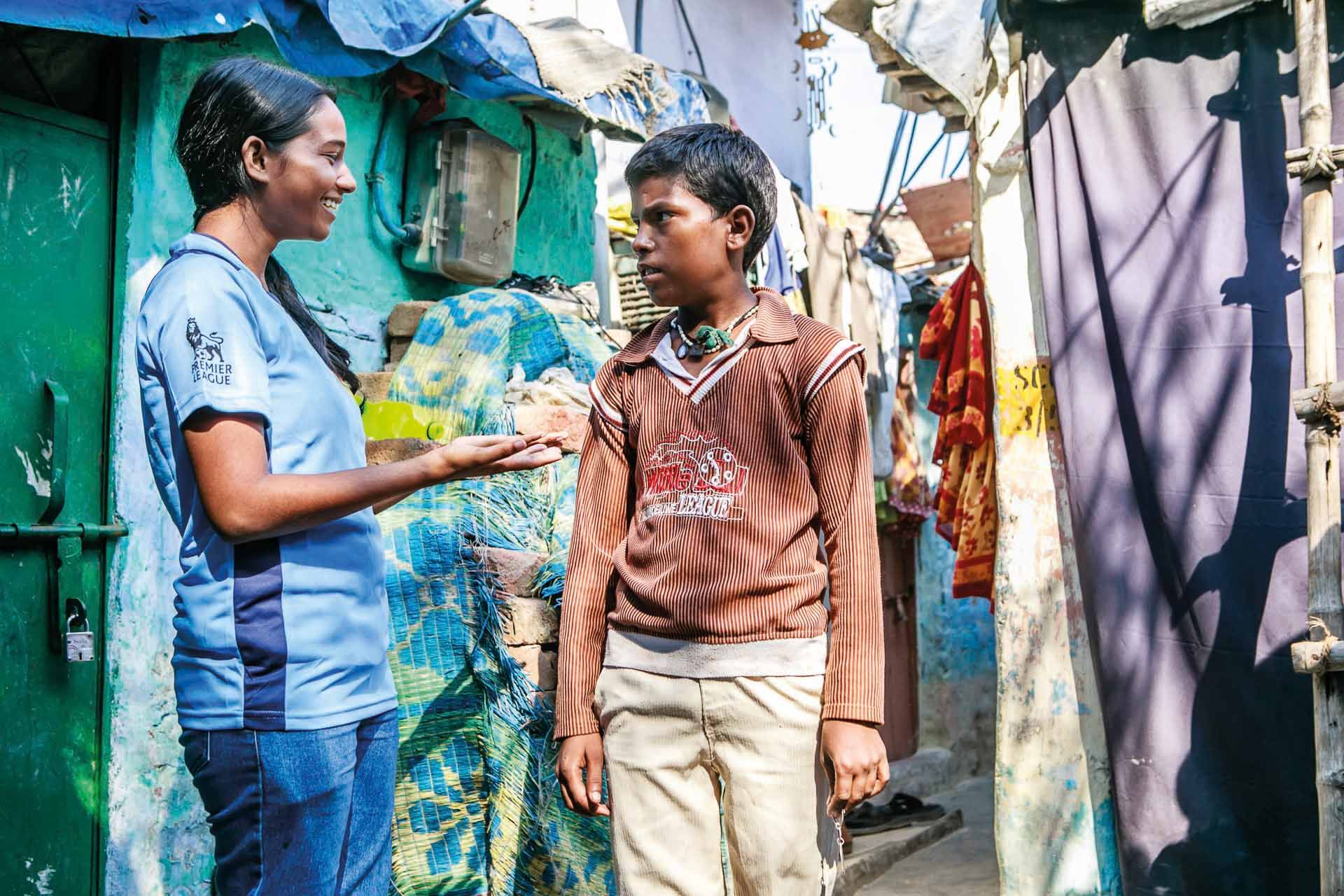Founder Matthew Spacie tells Terence Lim why education is the most powerful tool in this operation
When Matthew Spacie first started working in the travel industry in Mumbai, India in 1996, he noticed many teenage boys living on the streets, skipping school, and getting into the occasional bout of trouble. In the hopes of instilling discipline into these boys, the Englishman set up a football team for them to enjoy kickabouts. This simple act of charity planted the seed for the larger-scale non‑governmental organisation Magic Bus, which Spacie formally set up in 1999.
Today, Magic Bus works with some 400,000 children and 10,000 young people living in poverty across 22 states in India to help them break out of the cycle. It takes a long‑term approach with its Childhood to Livelihood programme, and provides support to youths aged 12 to 17 with a holistic seven-year journey that ensures that they stay in school, and are well-trained for the workforce at the end of the period.

“We’re committed to holding their hands all the way through the seven-year journey. We want them to go to school, stay in school and get graded and certified properly,” explained Spacie when he was in Singapore in April for the eighth Magic Bus gala dinner. “We work with their schools to put technology into the curriculum and environment so as to prepare them for the workforce in the future.
The emphasis at Magic Bus is on educating not just children, but also families who are entrenched in the country’s patriarchal system. According to the statistics gathered by Magic Bus, only 30 per cent of adolescents have higher secondary qualifications. Which means for every 10 youths, seven are not enrolled in or drop out of school. The reasons vary, but common ones include girls being made to stay at home to care for younger siblings, or forced into child marriages; and young boys being expected to become first-generation wage earners.
Participants of the Childhood to Livelihood programme by Magic Bus are encouraged to complete their secondary education and are then introduced to available market opportunities that offer training, skills and knowledge. Magic Bus works with some 500 industry partners to provide such work and internship opportunities for the young participants, who receive vocational training and pick up life skills through such activity-based learning. The organisation also provides pre- and post-placement support for the youths while partnering employers to achieve effective job matching.

